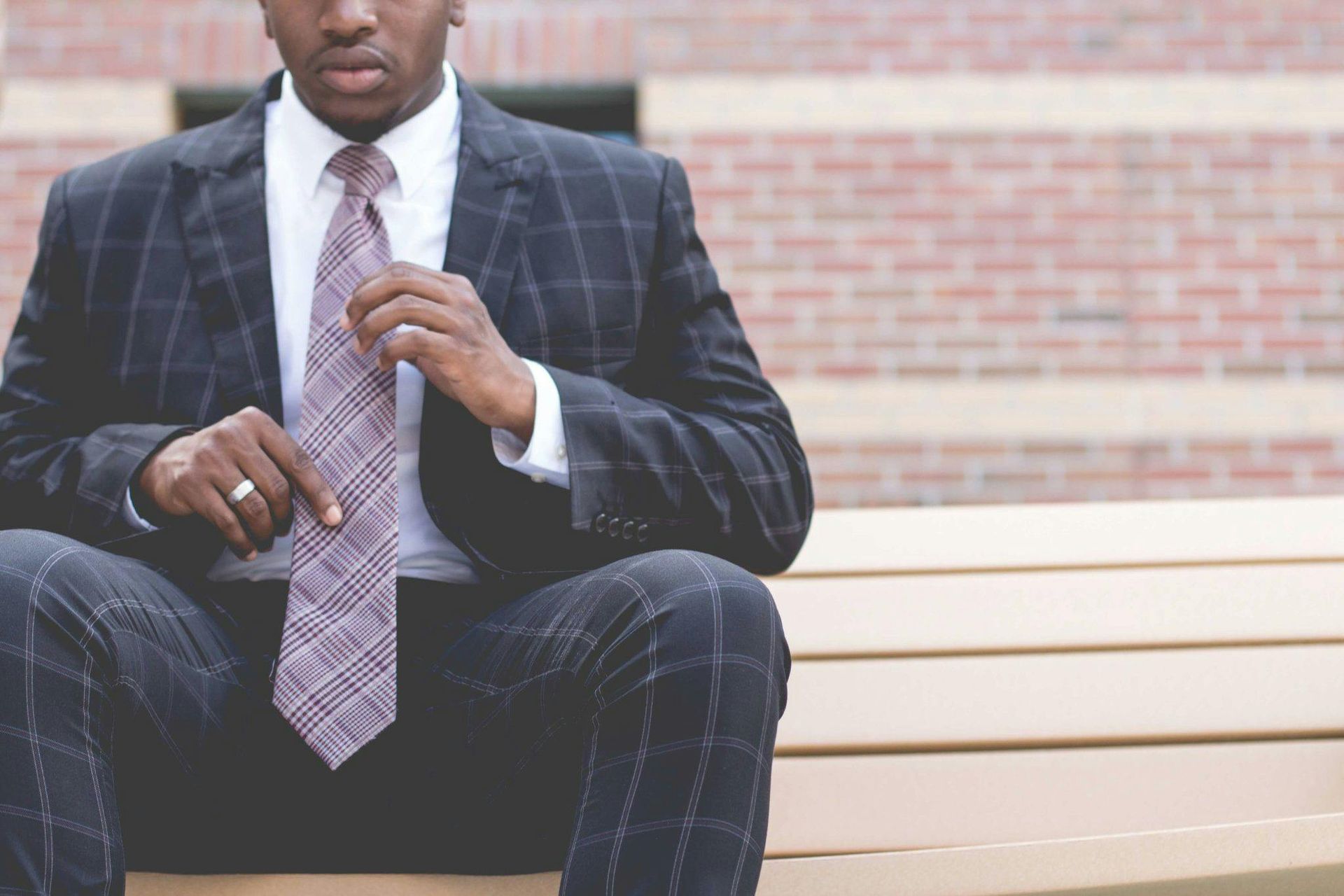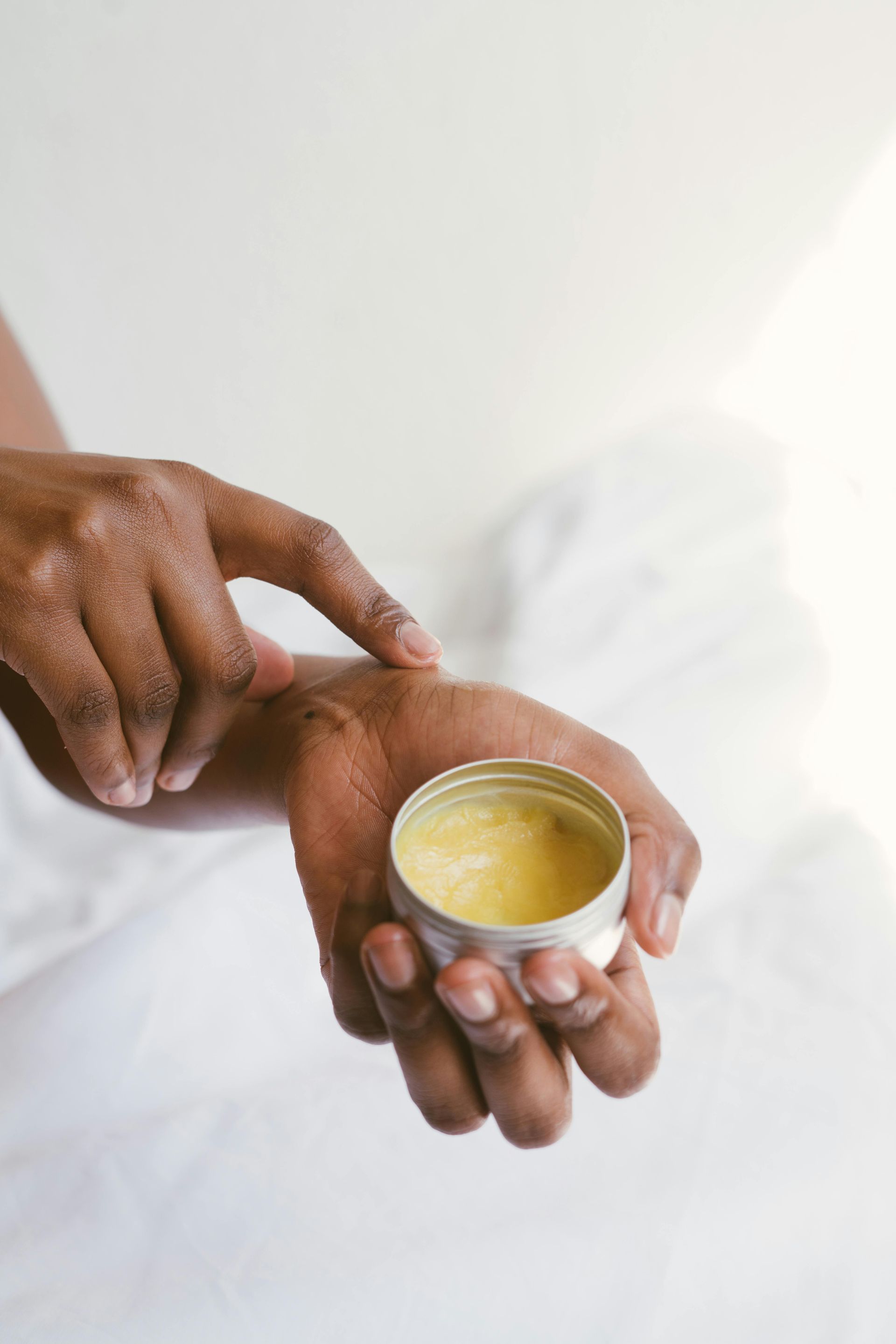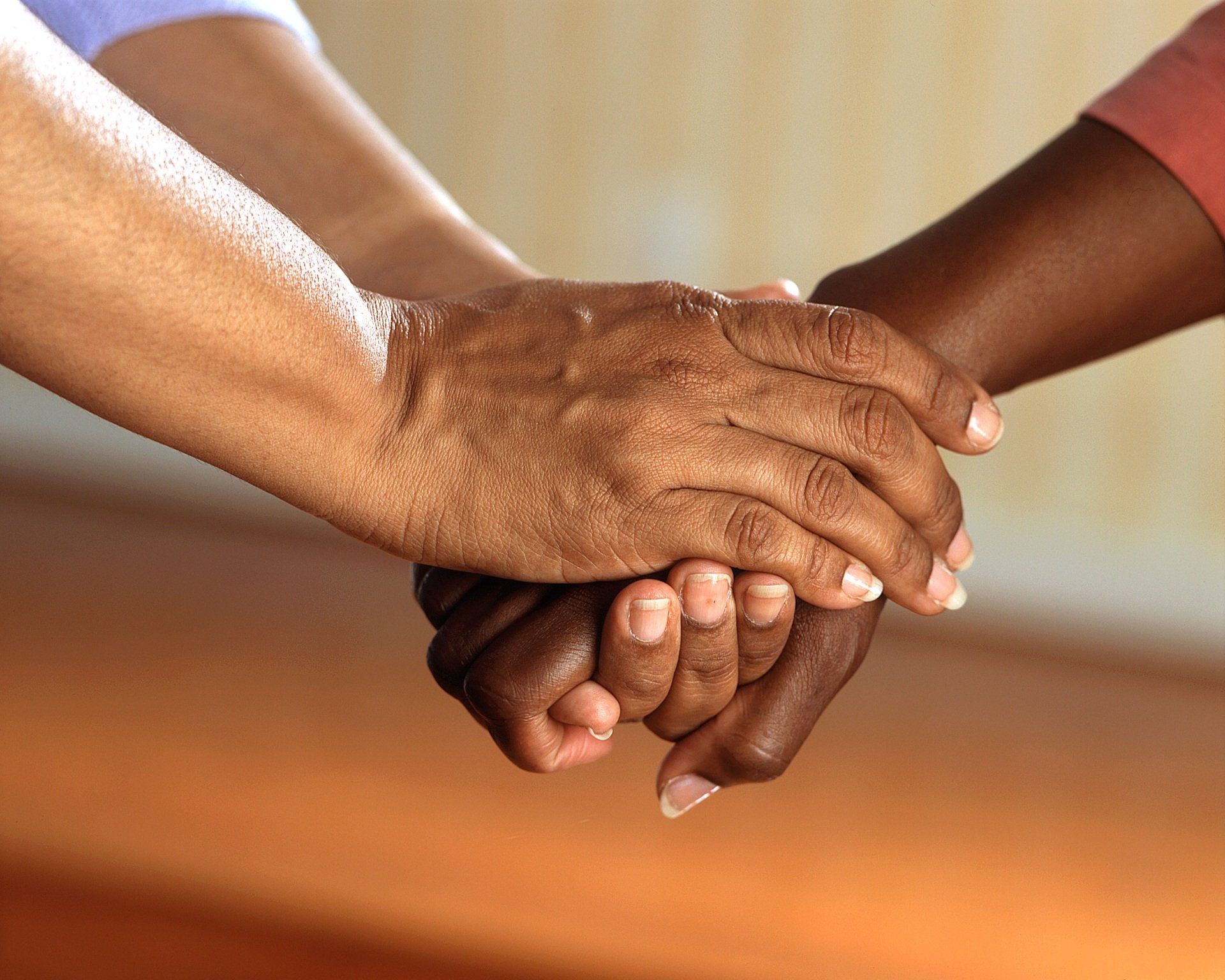Trust and Confidence Go Hand In Hand
Building Confidence, and Learning to Trusting Yourself Through Challenges

Trusting yourself can feel like an impossible feat, especially if you've faced challenges that have shaken your foundation. I know this firsthand. There was a time in my life when I struggled deeply with suicidal thoughts, navigated the uncertainty of homelessness, and wrestled with the grip of addiction. Trusting myself seemed like a distant dream when I was simply trying to survive.
But here’s what I’ve learned: trust and confidence are intertwined. You can’t develop trust in yourself without building confidence first. Confidence is the anchor that keeps you steady when life’s storms threaten to pull you under. It allows you to feel secure in your abilities and stand strong in your convictions—even when your world feels unstable.
Building confidence might seem overwhelming, especially if, like me, you’ve faced circumstances that made you doubt your worth. But know this: no one is born with confidence. It’s something we all learn and grow into over time. If I could find a way to start developing confidence while at rock bottom, so can you.
Fear: The Biggest Barrier
Fear was one of my greatest challenges. It whispered lies, telling me I wasn’t good enough, that my past defined me, and that I’d fail if I tried to move forward. Fear thrives in uncertainty and darkness, but I discovered that every small step I took toward the light diminished its power.
Facing fear doesn’t mean throwing caution to the wind. It’s about assessing what you can do, even in small, manageable steps, and doing it despite your fear. For me, that started with trusting myself to show up one day at a time—whether it was getting out of bed, showing up to a support group, or admitting when I needed help.
Confidence Is Built, Not Born
When you’ve been through life’s hardest moments, it’s easy to believe confidence is for other people—people who haven’t faced what you’ve faced. But the truth is, confidence comes from showing up for yourself, even in small ways. It’s about trying, failing, and learning without letting fear stop you.
Start small. For me, it was choosing to believe that I could make it through just one more day. Then one more week. Small victories build momentum, and before you know it, those small steps lead to bigger achievements.
Confidence isn’t about knowing all the answers—it’s about believing you can figure them out. Ask questions, seek guidance, and lean on others when you need to. I learned that confidence isn’t about doing it all alone; it’s about knowing when and how to ask for help.
Owning Your Journey
When I began to take responsibility for my choices—both the good and the bad—something shifted. Blaming others or external circumstances for my struggles didn’t help me move forward. But owning my story, my decisions, and my path did. Even when things didn’t work out the way I hoped, the act of taking ownership helped me trust myself more.
Trusting yourself doesn’t mean you’ll always get it right. It means knowing that you’ll figure it out, even when you stumble. It’s about forgiving yourself when you make mistakes and recognizing that those mistakes are part of the growth process.
Building Trust Through Confidence
When you build your confidence, trust in yourself naturally follows. You’ll begin to see yourself as capable and resilient, no matter what challenges you face. I’m living proof of this. There were times I didn’t believe I’d make it through the day, let alone trust myself to make decisions or pursue a better life. But step by step, I learned to believe in my ability to heal, grow, and thrive.
You have the strength to do the same. Start small. Face your fears one by one. Take responsibility for your journey and remember that confidence and trust aren’t destinations—they’re ongoing practices. With each step forward, you’ll discover that you’re capable of far more than you ever imagined.


